47 Ronin
Directed by: Carl Rinsch
Written by: Chris Morgan, Hossein Amimi
Starring: Hiroyuki Sanada, Keanu Reeves, Ko Shibasaki, Tadanobu Asano
USA
IN CINEMAS NOW
RUNNING TIME: 119 min
REVIEWED BY: Dr Lenera, Official HCF Critic
In Japan, young Kai is found in the woods as a young child. A samurai tries to kill him, but he is saved by the kindly Lord Asano. Over the years, he forms a bond with Aso’s daughter Mira, but remains an outcast to others because of being a half-breed and is even rumoured to have been the child of demons. The evil Lord Kira wants both Asano’s land and his daughter and, assisted by a witch, sets about a chain of events to discredit Asano, eventually forcing him to commit seppuku – ritual suicide by disembowelment, while Kai is beaten and sold into slavery and Asano’s samurai are now all ronin – disgraced and masterless. To ensure peace, the Shogun also says that Kira can marry Asano’s daughter Mira after a year has passed so Mira can mourn….
You know what the hardest part of a review is? The star rating. I constantly change my mind about what to give a film out of ten and have even on occasion gone back to a review after it has been published and altered the rating slightly because, as I’m sure you’ll agree, a film can seem better or worse after a few days. I went into 47 Ronin expecting a five star or less film and for the first half hour or so I was so pleasantly surprised I began to give it seven in my mind, but after that the film’s flaws seemed more obvious [I wouldn’t say it got significantly worse] and I lowered it to five. Come the ending though, I was so impressed that they kept the original tale’s downbeat ending and actually rather moved that I raised it to seven again. I guess six is about right then, and I’ll try to keep it that, though I can’t promise.
Much like The Lone Ranger, 47 Ronin seemed to carry the unmistakeable stench of an arriving stinker before anyone had even seen it, and will almost certainly flop at the box office. The Lone Ranger wasn’t quite as bad as all that though [though it still wasn’t very good], and neither is 47 Ronin, which is actually somewhat better than The Lone Ranger: for a start, it doesn’t feel anyway near as disjointed. The main trouble with it commercially seems to be that Keanu Reeves is no longer a box office draw, and that unless it features a well known character or a major star, audiences don’t generally take to Asian-themed films [actually they don’t tend to take to films without a well known character or major star full stop at the moment, which is very depressing but not within the scope of this review to moan and groan about] and 47 Ronin is blatantly going for the popcorn crowd rather than the slightly different [though of course it shouldn’t be] Crouching Tiger, Hidden Dragon audience. Artistically it seems to have angered many people, especially Japanese, who are annoyed that one of Japan’s most popular real-life stories has been embellished with fantasy elements, gallons of CGI and a totally invented role for an American star, and they certainly won’t flock to see it. I can understand their feelings. It was probably considered a necessary commercial move [even if it hasn’t worked much] to bring a Westerner into the story, even if it does help weaken the film because Keanu’s role seems so pointless and an obvious add-on. As for all the flashy effects and sub-Mummy/Lord Of The Rings stuff, I don’t think their inclusion is that awful. Good stories can survive being told in different ways, and the tale of the 47 Ronin is still there. The problem is that the effects are often quite poor.
So what’s the original story about, something that you wouldn’t have got much of a gist of from my synopsis of the film’s first third? It’s the most famous example of bushido, the samurai code of honour, and has been adapted many times in Japan for different mediums. There have been six films alone, the most famous dating from 1962. As the end credits of 47 Ronin will inform you, it is an occasion celebrated by thousands of Japanese even till today on December 14th. The true story tells of a group of samurai who were left leaderless after their feudal lord was compelled to commit suicide for assaulting a court official. Masterlass and therefore disgraced, and now ronin, they opted to take their revenge. With much embellishment, this event was popularized in Japanese culture as emblematic of the loyalty, sacrifice, persistence, and honour that people should preserve in their daily lives. What 47 Ronin does is to take this story, place it in a more fantastical world which seems to have been dreamt up by people who don’t really know much about actual Japanese mythology but do have a vague idea of it….and add Keanu Reeves.
Now I’m going to say right away that the man still can’t act, something that is ridiculous considering how long he’s been in movies – I mean for God’s sake even Arnold Schwarzenegger is a little more relaxed and expressive in front of the camera than he used to be. Therefore it feels seriously wrong when not only is his character, who didn’t exist, given prominence [to the point of actually adding scenes and reshooting some of the film] while others who actually existed are pushed to the forefront, but also that Reeves is still out-acted by everyone else in sight. The best way to approach 47 Ronin then is as typical Hollywood effects-filled hokum and on that level the film does often entertain. The pace is fast and you’re never far from an action scene. Within the first few minutes there’s a big sequence involving lots of horse-backed samurai hunting a strange boar-like creature who has tree branches for two of his legs, ending when Kai saves a samurai from death and kills the creature. The plentiful fighting will keep any young boy from getting bored, but for the critical adult it suffers from two problems. The first is that first-time director Carl Rinsch gives us far too many close-ups so that we don’t always get much of a sense of scale, nor can we appreciate the nifty samurai moves enough. The second is that the CGI is very variable and often just looks cheap. I’m going to tell you that we get a dragon in the climax, and for once it’s of the Asian variety, but no amount of frenzied cutting and camera movement can disguise the fact that it just doesn’t look like it’s there – in fact you can almost see through the bloody thing.
Still, the film often looks good in other respects, offering some nice views of the Japanese landscapes and a strong use of colour throughout, really making the most out of the brightness of some of the costumes and things like a sunset making the inside of a house all yellow and orange. Cinematographer John Mathieson does a great job here, and it’s a great shame that Ilan Eshkeri’s bland score only occasionally rises to the occasion. In amongst all the add-ons, the original story is still there, even if there’s little dwelling on its moral and philosophical elements. It’s annoying how we don’t get to know most of the ronin and how, expect for Oishi, the only other two we do know a little are strictly archetypes – the one who hates Kai because Kai saved his life, and the one who is a bit fat and therefore funny. Even Oishi gets a bit shunted aside: the general flaw in the film’s conception is epitomised by the brevity of a scene in which Oishi tells his son and his son’s wife that they have to divorce, something considered less important than the love of Kai and Mira, though I will admit that come the end the film did actually bring the odd tear to my eye, a sure sign that it was at least partially working. It deserves kudos for not chickening out at the end, though the viewer will still probably be left finding certain customs inexplicable, the film not really doing a good job of trying to make us understand them.
The Japanese performers, which include some of the most popular and respected of today, all fare well, the best probably being Min Tanaka, who gives Asano considerable dignity, leaving the film with a gaping hole when he dies, and Tadanobu Asano, often called the ‘Japanese Johnny Depp’, sneeringly evil as the nasty Kira. Kô Shibasaki is a beautiful female lead though for me that side of things is stolen by Pacific Rim’s Rinko Kikuchi, bringing back glorious memories to this old Hong Kong movie fan of the likes of Bridget Lin as the unnamed Witch, looking fabulous whirling around in her dress all over the screen. 47 Ronin is problematic and a fatally flawed movie, but at times it’s so enjoyable that I wished I could actually rate it higher. It’s decent fun to take the family to and you’ll find that the two hours will fly by.

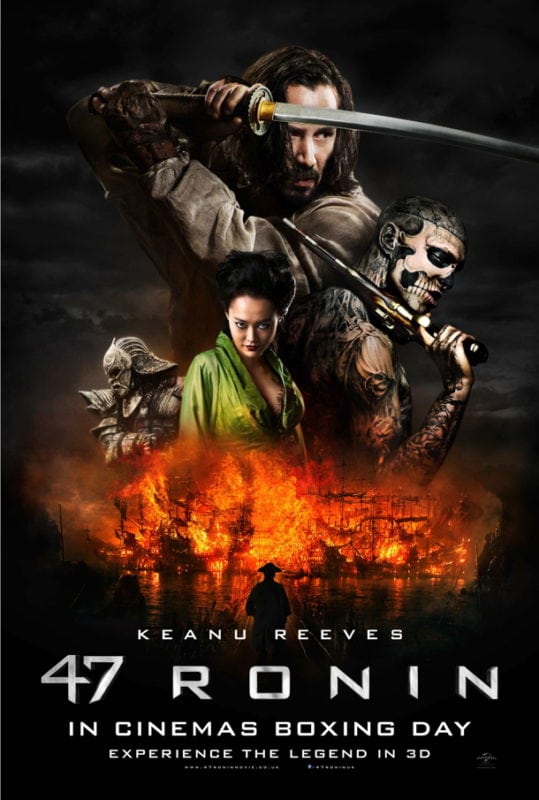
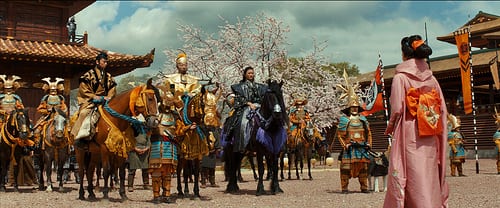
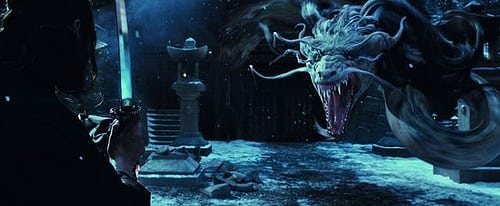



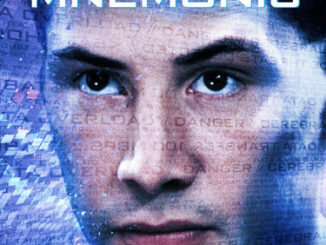
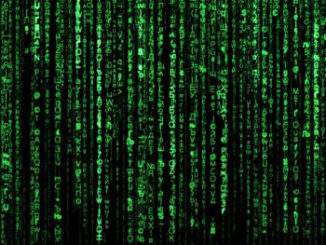
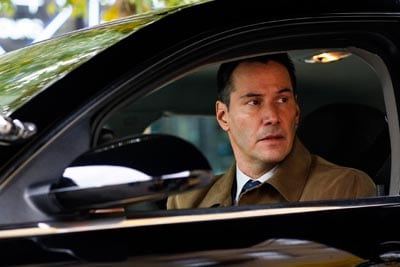
Be the first to comment